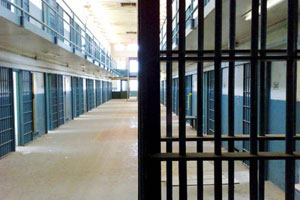Criminologist
Tasks & duties

Criminologists may do some or all of the following, depending on their area of expertise:
-
give information on causes of crime and types of crimes committed
-
study how crime affects victims and society
-
examine the work of the police, courts and prisons
-
carry out surveys, interviews and statistical analyses
-
study punishment systems, and sentencing policy and practice
-
give advice about risk management to organisations such as banks and insurance companies
-
investigate regulatory practices such as censorship
-
work with offenders in prisons
-
write reports or give presentations on findings
-
advise law-makers, social policy agencies and justice workers
-
specialise in particular areas such as youth offenders or issues concerning women
-
teach
Skills & knowledge
Criminologists need to have knowledge of:
-
criminal law and the justice system
-
social and cultural issues, such as Maori justice issues
-
human behaviour, such as how people interact with their surroundings
-
research and interviewing methods, such as qualitative, quantitative and evaluative research methods
-
changing trends in areas such as crime and punishment, treatment of victims, family violence and youth justice
-
Criminologists also need to have:
-
strong analytical skills
-
report-writing skills
-
computer skills
-
presentation and teaching skills
Entry requirements
To become a criminologist you need a postgraduate degree in criminology, preferably at a Masters level.
Secondary education
A tertiary entrance qualification is needed to enter university. Useful subjects include English, history, and maths with statistics.
Training on the job
Skills are gained on the job, and most criminologists attend conferences to keep up to date with new information in their field.
Useful experience
Useful experience for criminologists includes:
-
work in the law and social sciences fields
-
research work
-
social work
-
police work
-
volunteer work at a prison
Related courses
Criminal Law
Women's Studies
For more information, please refer to Career Services.
Document Actions
